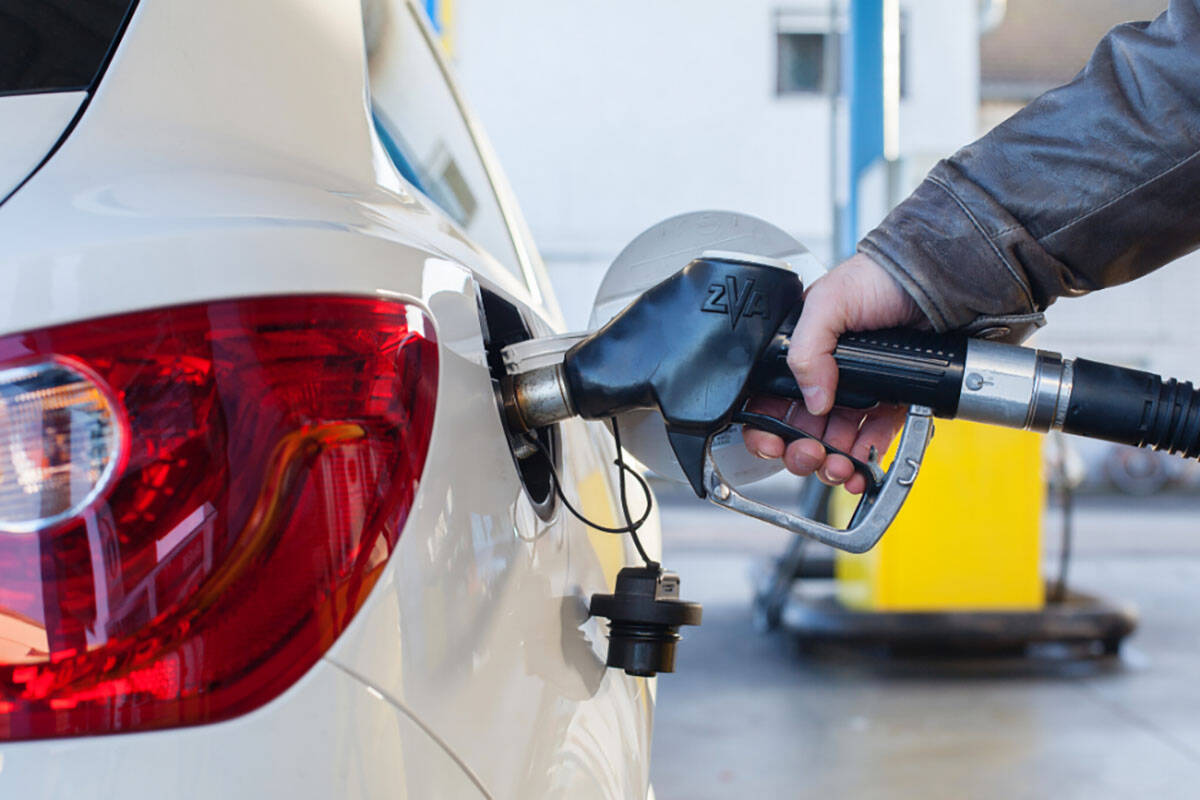How Las Vegas gas prices have changed in the last week
Gas prices are up slightly, on average, this week in metro areas around the U.S. as Americans settle in from the busy holiday travel season.
A gallon of regular gas was $3.33 on average Monday, January 17, up several cents from $3.28 a week ago, according to AAA. Stacker compiled statistics on gas prices in Las Vegas (NV only) metro area using data from AAA. Gas prices are current as of January 17. State gas tax data is from World Population Review.
AAA spokesperson Andrew Gross noted this week that gas prices tend to decline slightly in the period following the winter holidays and then can increase with the higher Spring travel demand.
The U.S. Energy Information Administration forecasts retail gas and diesel prices will fall further in 2023 after reaching a historic peak last summer due to the Russian invasion of Ukraine. Part of that is built on an expectation that global refining capacity will increase this year.
Las Vegas by the numbers
- Gas current price: $3.90
—- Nevada average: $3.94
—- Nevada gas tax: $0.24 per gallon (#36 highest among all states)
- Week change: -$0.01 (-0.3%)
- Year change: +$0.11 (+3.0%)
- Historical expensive gas price: $5.61 (6/16/22)
- Diesel current price: $4.80
- Week change: -$0.03 (-0.6%)
- Year change: +$0.87 (+22.2%)
- Historical expensive diesel price: $6.03 (6/18/22)
Metros with the most expensive gas
#1. Lihue (Kauai), HI: $5.41
#2. Wailuku, HI: $5.01
#3. Kahului, HI: $5.01
Metros with the least expensive gas
#1. Lawton, OK: $2.83
#2. Kansas City (MO only), MO: $2.87
#3. Kansas City (KS only), KS: $2.87
States with the highest gas tax per gallon
#1. Pennsylvania: $0.59
#2. California: $0.53
#3. Washington: $0.52
States with the lowest gas tax per gallon
#1. Alaska: $0.0895
#2. Hawaii: $0.16
#3. Virginia: $0.162
![]()



















